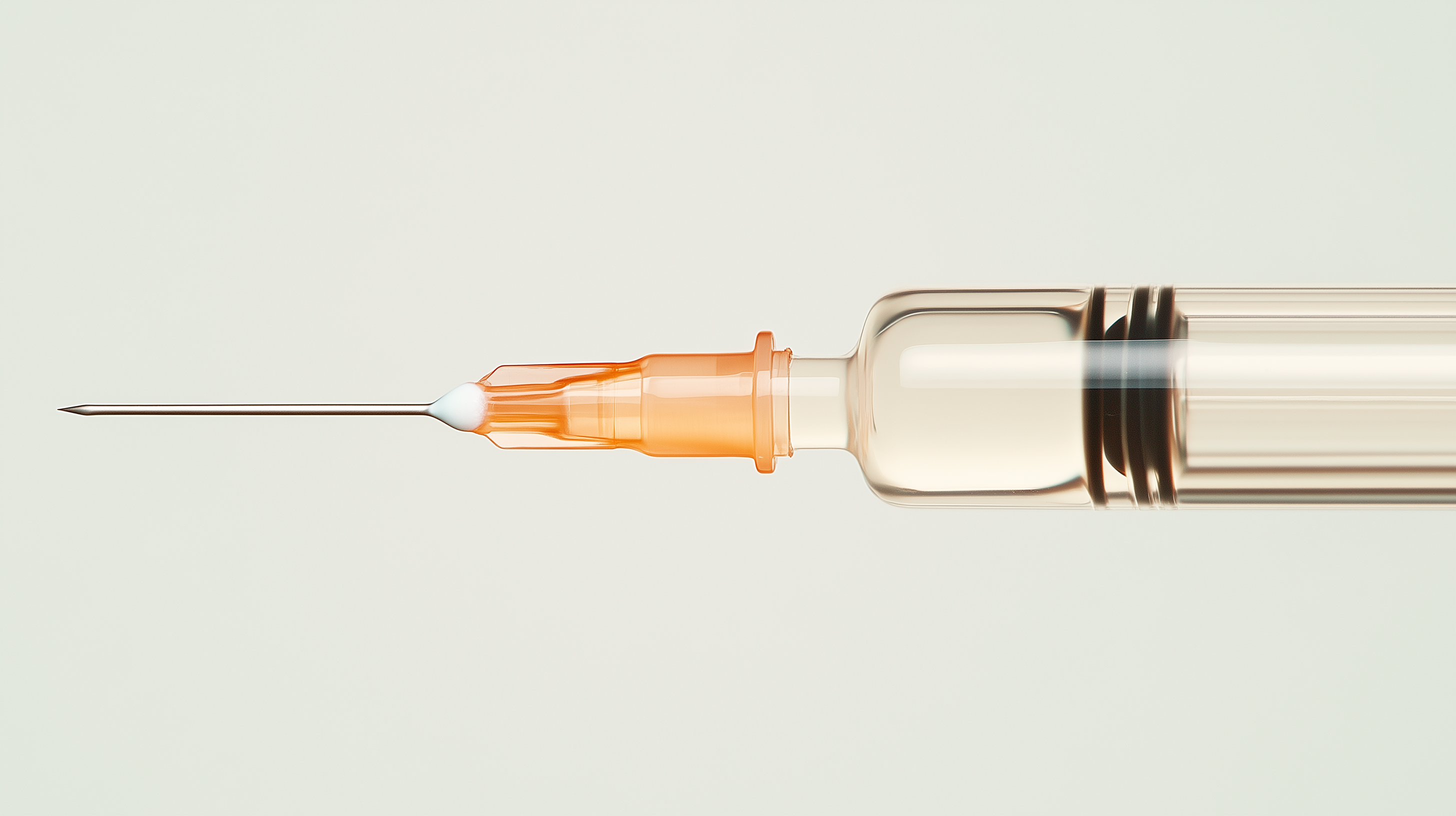A few weeks ago, I had the pleasure of welcoming a patient to my clinic with a request for revision rhinoplasty. Her story was deeply troubling and, sadly, not unique. A few years ago, she had gone to Turkey for a primary rhinoplasty. Like many younger patients, she was attracted by the fact that the prices were substantially cheaper than quotes received in the UK, the clinic seemed to have a very credible social media presence and had many excellent testimonials. She was also enthusiastic about the idea of combining surgery with a vacation. On arrival at the clinic, she was asked by the reception staff to change into a theatre gown. Despite being under the impression that she was there, in the first instance, for a consult to discuss the surgery only, she was then shepherded into the anaesthetic room where, for the first time, she met her surgeon. The surgeon explained the procedure very briefly, before asking her to sign the consent form. When, at first, she objected to the fact that she felt pressurised into agreeing to undergo surgery there and then, she was told that this was her theatre slot and if she didn’t accept, she would have to rebook for another month at her own expense. Against her better judgement, she signed the form.
Over the following months, increasingly troubled by a poor aesthetic result and persistent breathing difficulties, she contacted the clinic to express her concerns. She was told that there was nothing they could or would do and to raise any concerns with an NHS plastic surgeon back in the UK.
The appeal of medical tourism is understandable. Aesthetic surgery in the UK can be prohibitively expensive for many, which leads patients to seek cheaper options. From rhinoplasties to breast augmentations and even facelifts, patients are promised dramatic transformations at a fraction of the cost. The marketing is sleek, the reviews are glowing, and the price is right. But behind the glossy Instagram feeds and filtered before-and-after photos lies a less glamorous reality that we as UK-based surgeons increasingly have to deal with.
I often see patients who have returned from overseas cosmetic procedures with complications ranging from minor infections to catastrophic surgical failures. These patients have often had surgery in Turkey, although several other countries are also frequented by medical tourists including Thailand, Costa Rica, The Dominican Republic and Mexico. Incidentally, I am not stating that all surgeons in medical tourism hotspots are bad at what they do. Exceptionally fine surgeons are to be found in every corner of the globe. However, there is a fundamental problem with medical tourism and its unregulated expansion and aggressive promotion as a low-risk, cost-effective alternative to UK-based surgery is deeply troubling for several reasons. Let’s look at the issue in more detail.
Complications
I see complications from medical tourism with disturbing regularity. Some are mild—poor aesthetic results, asymmetry, minor infections. But others are more serious. Necrotic skin, deep infections requiring multiple debridements, and even permanent nerve damage. In the worst cases, I’ve seen life-threatening sepsis and pulmonary embolisms from patients who did not have a detailed peri-operative plan from a qualified anesthetist working closely with the surgeon and who were discharged far too soon and placed on long-haul flights home.
One of the most dangerous misconceptions about medical tourism is that it is simply the same standard of care but cheaper because of inexpensive overheads. . It’s not. The risks are fundamentally different because the entire care pathway is compromised. Proper plastic surgery is not just about the technical procedure, it’s about thorough consultation, preoperative assessment, anaesthetic plan, surgical technique, postoperative monitoring, discharge plan and long-term follow-up. Remove one part of that chain, and the risks escalate significantly. Remove all of them, and you have a recipe for disaster.
The Illusion of Informed Consent
As with the illustrative case the introduced the topic of this article, any overseas clinics fail to provide genuine informed consent. Patients often travel with limited understanding of the procedure they are undergoing, the qualifications and even the name of the surgeon, or the standards of the facility. Some arrive and are met by entirely different surgeons from those advertised online. Others are operated on in high-volume "surgery mills", where high patient turnover precludes individual care.
Language barriers compound the problem. How can a patient ask detailed questions about anaesthesia or postoperative expectations when they don’t share a language with their surgical team? In the UK, we have stringent protocols to ensure patients are fully informed and empowered in their decision-making. In many medical tourism destinations, this ethical framework is absent or poorly enforced.
The Psychological Element
Aesthetic surgery is both physical and psychological. UK and US-trained surgeons evaluate patients for signs of body dysmorphic disorder (BDD) or unrealistic expectations. Surgery can offer profound benefits, but only when properly matched to the patient’s psychological readiness and overall wellbeing.
Medical tourism, however, often commodifies surgery as a product, ignoring psychological evaluation entirely. Patients may feel pressured to proceed without proper consideration, especially when non-refundable deposits, flight bookings, and hotel stays are involved. This hawkish transactionally orientated approach to life-altering procedures is deeply flawed.
Lack of Continuity and Aftercare
A key element of successful aesthetic surgery is continuity of care. Patients have access to their surgical team before, during, and after the procedure. If problems arise, they can call, attend follow-up appointments, or be admitted promptly.
In contrast, medical tourists are often discharged within 24–72 hours, sometimes with open wounds or surgical drains still in place. Many are advised to fly home far too soon, increasing the risk of deep vein thrombosis (DVT) and pulmonary embolism. Once back in the UK, they are effectively cut off from their original surgeon and left in the hands of NHS emergency departments or local GPs who are often unprepared or unwilling to manage postoperative complications they didn’t cause. This places a significant burden on the NHS, tasked with providing a safety net for botched medical tourism
Legal and Ethical Issues
In the UK and US, patients have well-established legal recourse. They can report the surgeon to the General Medical Council (GMC), pursue compensation through civil courts, or raise complaints with medical bodies.
When things go wrong abroad, however, patients are left with very limited legal options. Foreign jurisdictions may not recognise UK laws, malpractice claims may be impossible or prohibitively expensive, and legal support may be non-existent. Many patients do not realise this until it is too late. In my experience of talking with patients affected by botched medical tourism, legal recourse should something go wrong was never, ever discussed.
One of the biggest expenses for UK and US surgeons in insurance and the prices quoted reflect the need to pay these premiums. Ultimately, it protects both patient and physician. It is easy to keep costs low if medical tourism clinics have no insurance!
This raises important ethical questions about duty of care and informed decision-making. Should patients be better informed of these legal risks before travelling? As a surgeon, I believe we must do more to arm patients with knowledge before they make irreversible choices.
The Role of Social Media and Influencers
One of the most troubling drivers of medical tourism is the influence of social media. Instagram, TikTok, and YouTube are awash with influencers flaunting the results of their transformations following visits to overseas clinics. However, what is seldom made clear is that they receive discounts or free procedures in exchange for promotion. Rarely do they discuss the pain, complications, or long-term outcomes.
This curated reality leads patients (especially young women) to believe that surgery abroad is risk-free, easy, and even aspirational. The truth is more sobering. I’ve treated patients who developed PTSD, lost tissue, or suffered life-threatening infections after following influencer trends. (This introduces another topic that I will write about soon- the issue of “trend-based” aesthetic surgery as a distinct entity from “classic” aesthetic surgery).
We need better regulation of medical advertising, especially where influencers are concerned. Transparency, honesty, and balance must replace hype and sensationalism.
Conclusion
Medical tourism is not inherently unethical or unsafe, but the way it is currently practiced too often puts patients at risk. As a British plastic surgeon, I have seen firsthand the human cost of poor decision-making, misleading advertising, and under-regulated surgical practices abroad. My goal is not to judge those who seek care overseas. Many are driven by desperation or financial necessity, but to help them understand what is at stake. Until we create a system where patients are fully informed, supported, and protected, medical tourism will remain a risky and unpredictable gamble.



